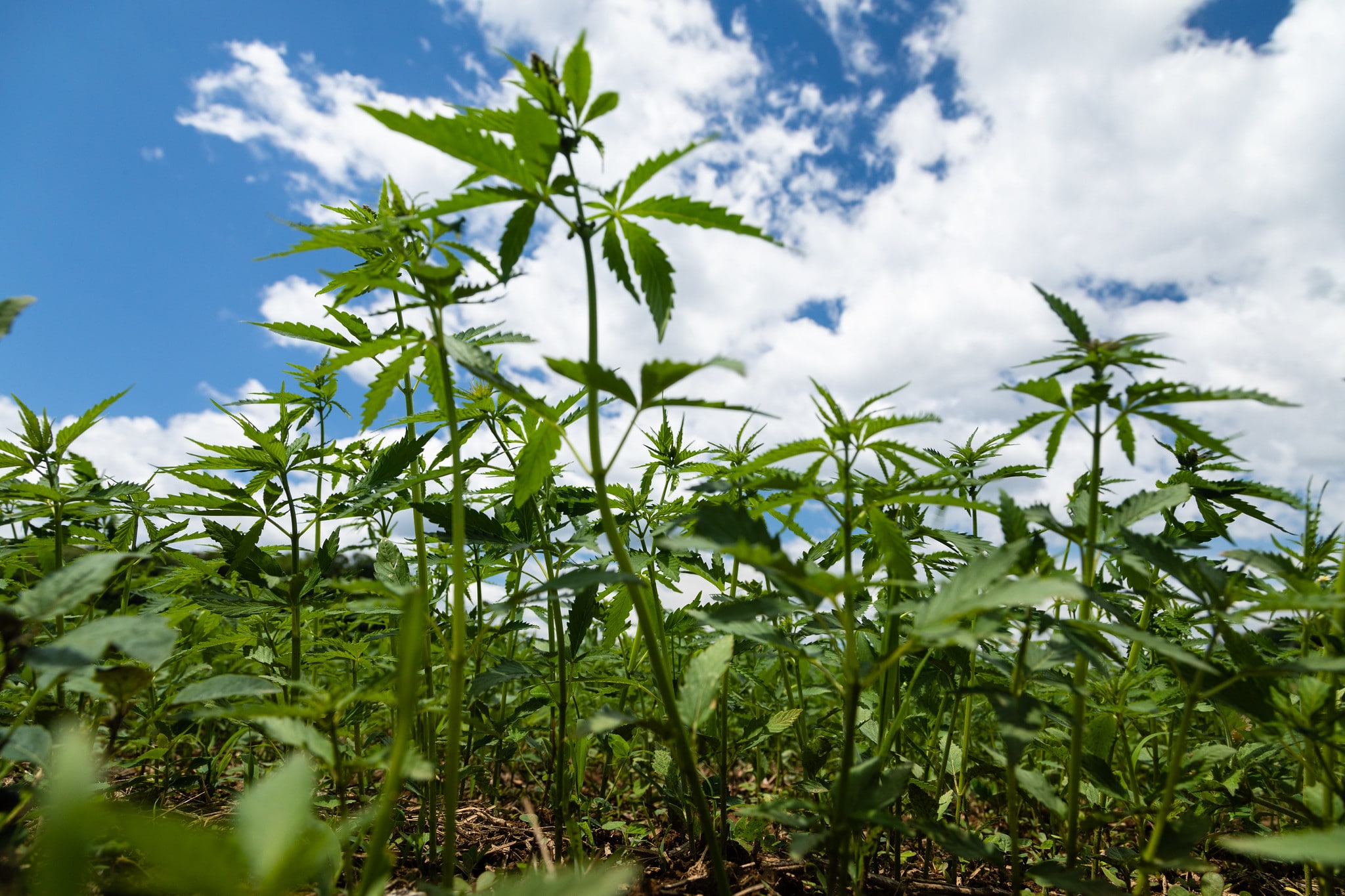Marijuana prohibition in South Dakota falls heavily on Black and Native American residents. They are disproportionately targeted for arrests, and also overrepresented in its jails and prisons overall. The good news: Come November 3, South Dakota residents will have a chance to dramatically reform the state’s marijuana laws.
Voters will have their say both on Measure 26 and Amendment A. Respectively, these separate initiatives would legalize medical marijuana for qualifying patients, and legalize marijuana for all adults over age 21. Amendment A would license and regulate cannabis dispensaries throughout the state, and charge a 15 percent sales tax. Possession would be capped at one ounce. It would also require the legislature to pass regulations related to the hemp industry, by 2022.
According to polling reported by Marijuana Moment, both measures look likely to pass. Measure 26, for medical marijuana, enjoys 74 percent support, with only 23 percent opposed. Amendment A has a narrower lead, of 51 percent to 44 percent. This is despite Governor Kristi Noem (R) urging residents to vote against Amendment A.
South Dakota joins Montana, New Jersey and Arizona in voting on full marijuana legalization this election. Mississippi is also considering a ballot measure to legalize medical marijuana.
According to research commissioned by the legalization campaign, one in 10 arrests in South Dakota in 2018 was for a marijuana offense. Nearly all arrests of that category—95 percent—were for mere possession. Nearly all marijuana arrests between 2007 and 2016 involved no other offense.
The ACLU found that marijuana arrests made up more than half—55 percent—of all South Dakota’s drug arrests in 2018. And marijuana arrests have also been increasing every year for the past decade. They spiked massively from 2016—notable at a time when most other US states had moved to legalize either medically or in full.
Filter has reported on the glaring racial injustices created by current marijuana laws and penalties in Arizona and New Jersey. But South Dakota is also among the worst in the nation for racist marijuana enforcement.
The ACLU found that Black residents are five times likelier than white people to be arrested for marijuana possession, and that Black marijuana arrest rates have surged in the last 10 years. The worst county was Pennington, seat of Rapid City. Black residents there were nearly nine times likelier to be arrested for marijuana. The legalization campaign reached similar conclusions based on the data, adding that Native Americans in South Dakota are also five times likelier than whites to be arrested for marijuana.
Marijuana prohibition contributes to similarly gross disparities in the state’s prisons and jails. Nearly a quarter of the incarcerated population are in local jails, according to Prison Policy Initiative, with 25,000 people sent to jail each year in South Dakota. In fact, the jail population—largely driven by pre-trial detention—continues to rise even as the prison population falls. Black, Hispanic and Native American people are all disproportionately incarcerated.
This analysis barely begins to touch on the lifelong negative effects that drug arrests and criminalization have on people’s lives in areas like housing, education and employment. Amendment A fails to include any language related to expunging or sealing past marijuana records. Nonetheless, if passed, it will certainly prevent thousands of destructive arrests each year.
Photo by Chesapeake Bay Program via Flickr/Creative Commons 2.0.





Show Comments